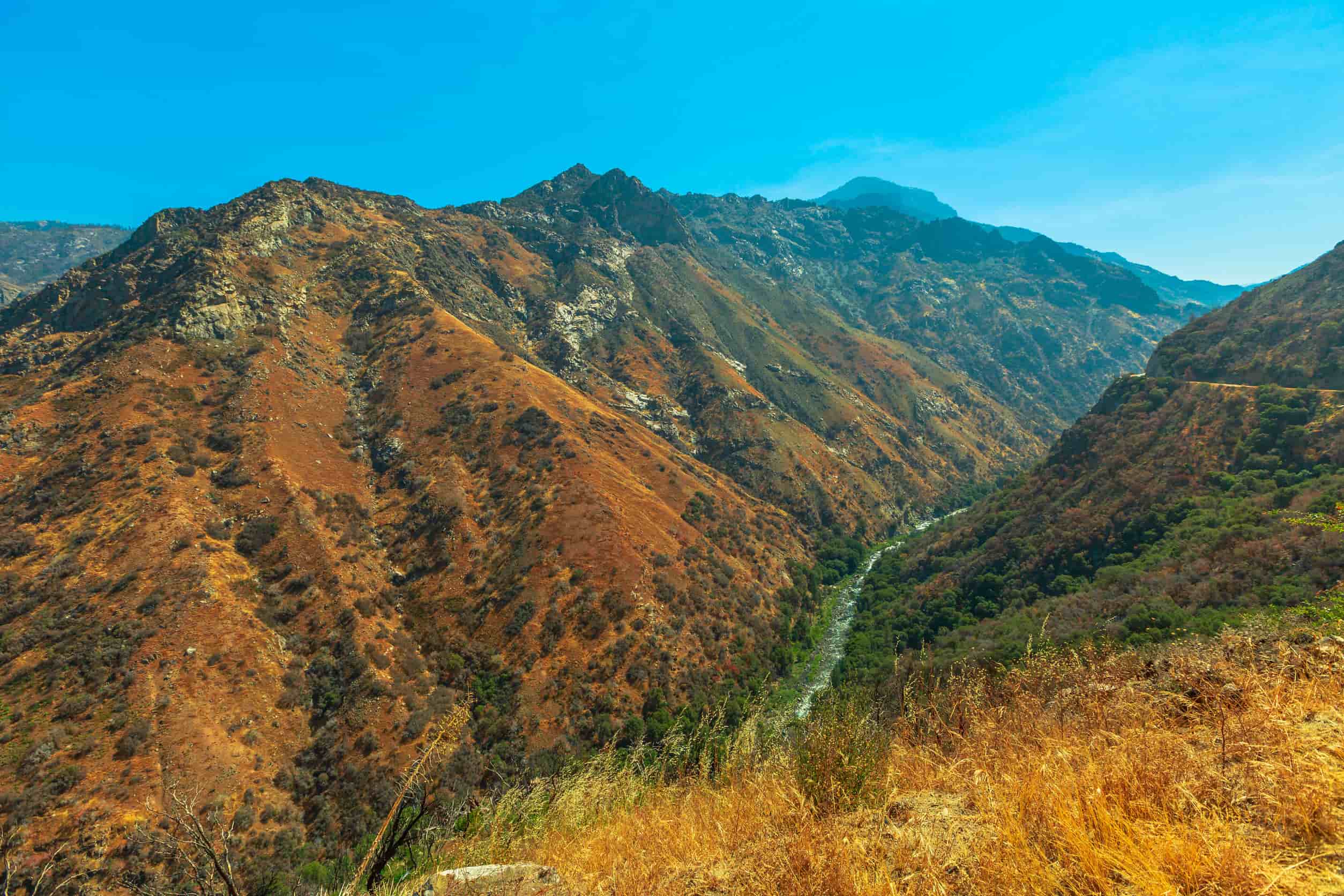Latest Causes
About Us
Mission Statement
Since time began
- To promote the social and economic welfare of the members of the Tribe;
- Protect the rights of our members;
- Protect our land, timber, fish, wildlife, water and natural resources;
- Preserve and protect our heritage including our cultural values and traditions, build a stronger tribal government;
- Promote honor, dignity and respect among the Tribe;
- Acquire additional lands for the benefit of the Tribe and its members, promote tribal business and enterprises;
- Preserve, secure and exercise all the inherent sovereign rights and powers of an Indian Tribe.
Pre-History of Round Valley
Round Valley has been the heart of the Yuki territory “since time began”. The Yuki have lived on their ancestral homeland (stretching from Humboldt Bay to the upper Russian River area) for over 10,000 years prior to other tribes immigrating into California. The Yuki are thought to be the original Paleo-Indians of California.
Any understanding of the pre-contact history of California must take into account the linguistic history of the area. Many anthropologists believe that the state's languages were originally introduced by waves of immigrants who entered California, became established in an area, and then expanded into other areas.
[In California 20% of the nearly 500 separate languages spoken in North America were represented here. There were 6 distinct language stocks, 23 language families and isolated languages, making a total of some 90 languages, plus innumerable dialects.]
At the beginning of the 20th century, the Berkeley anthropologist, Alfred Kroeber, recognized 104 separate language groups in California, derived from 6 distinct language stocks. The names given today to these stocks are: Hokan, Penutian, Algic, Na Dené, Uto-Aztecan, and Yukian.
Before 6,000 years ago, the population of the state may have been almost entirely Hokan-speaking, except for the North Coast Ranges, where Yukian speakers had already been living for tens of thousands of years . The Hokan-speaking groups are commonly thought to be among the first settlers, partly because their languages show the greatest diversity and possible time depth.
Between 6,000 and 4,000 years ago, there were considerable language shifts, especially among Uto-Aztecan groups in eastern California. In northern California, Penutian speakers may have moved into the marshy lower Sacramento Valley around 4,500 years ago, a movement often associated with the Windmiller Tradition. Over the next few centuries, they spread and diversified, forcing the earlier Hokan-speaking groups to the periphery. In time, Penutian-speaking populations would come to fully occupy the great central valley, as well as expanding westward into the Bay area and southward as far as the Monterey Peninsula.
But, related to no other, Yukian is a language family of it’s own. Anthropologists say that Yukian is among six other language families in the world that are related to no other , all these language families being extremely ancient.
162 years ago, these neighboring tribes were forced into Round Valley. By language family, the confederated tribes of the Round Valley Indian Reservation are:
- Yuki: Yukian Family
- Pit River: Hokan Family
- Pomo: Hokan Family
- Nomlacki: Penutian Family
- Concow: Penutian Family
- Wailacki: Athabascan Family
Yuki Anomalies
- In addition to the above noted linguistic differences between the indigenous population of California, there also seems to be the same anomalies in the mitochondria DNA track studies that have been conducted thus far. Out of the numerous samples taken from Round Valley’s aboriginal population --- no matches have been found in the United States, or anywhere else in the world. (Ripen, UC Davis, et al).
- The Yuki language and the Pamean languages[1] in Mexico have octal systems because the speakers count using the spaces between their fingers rather than the fingers themselves, [2] corresponding to the digits one through eight. There is also linguistic evidence that suggests that the Bronze Age Proto-Indo Europeans (from whom most European and Indic languages descend) might have replaced a base 8 system (or a system which could only count up to 8) with the base 10 system.
- In regards to basketweaving, the Yuki weave in the opposite direction of other California native weavers.
- Also, Yuki baskets were the first documented with finished top edges.
- Unlike most Californian peoples, the Yuki had a war chief and order. They were aggressive and attacked other nearby native peoples on numerous occasions trying to protect their homelands and resources. [Mojave were the only other California warring tribe.]
- The Yuki are the only California tribe to continuously live on their ancestral homeland.
History of the Round Valley Indian Tribes
The Round Valley Indian Tribe is a federally recognized tribe. Beginning as the Covelo Indian Community, RVIT is a confederation of small tribes: the Yuki, Wailacki, Concow, Little Lake Pomo, Nomlacki, and Pit River. They were forced onto the land formerly occupied by the Yuki tribe.
The Round Valley Indian Reservation began in 1856 as the Nome Cult Farm, an administrative extension of the Nome Lackee Reservation located on the Northwestern edge of the Sacramento Valley at Paskenta; one of the five reservations in California legislated by the United States Government in 1852. The system of Indian reservations had a dual purpose: to protect Indians by segregating them from the settlers converging on California in greater and greater numbers, and to free Indian land for the settlers' use.
When the reservation was established, the Yuki people (as they came to be called) of Round Valley were forced into a difficult and unusual situation. Their traditional homeland was not completely taken over by settlers as in other parts of California. Instead, a small part of it was reserved especially for their use as well as the use of other Indians, many of who were enemies of the Yuki. The Yuki had to share their home with strangers who spoke other languages, lived with other beliefs, and who used the land and its products differently.
Except the Yuki, Indians came to Round Valley as they did to other reservations - by force. The word "drive", widely used at the time, is descriptive of the practice of "rounding up" Indians and "driving" them like cattle to the reservation where they were "corralled" by high picket fences. Such drives took place in all weather and seasons, and the elderly and sick often did not survive. The Nome Cult Walk is an annual re-enactment of one of these ‘drives’.
From years of intermarriage, a common lifestyle, and a shared land base, a unified community has emerged. In 1936,the descendants of Yuki, Wailacki, Concow, Little Lake Pomo, Nomlacki, and Pit River peoples formed a new tribe on the reservation through the adoption of a Constitution and created the Covelo Indian Community, later to be called the Round Valley Indian Tribes. Our heritage is a rich combination of different cultures with a common reservation experience and history.
What They Say?
Job Announcements

Please see the following page for a list of the current available Round Valley Indian Tribes jobs
Job Listings
Please see the following page for a list of the current available Round Valley Indian Tribes jobs
Job Listings
Please see the following page for a list of the current available Round Valley Indian Tribes jobs
Job Listings
Please see the following page for a list of the current available Round Valley Indian Tribes jobs
Job ListingsEnrolled Tribal Member Certification 3540
Fill out the Enrolled Tribal Member Certification form and mail it with your taxes to prove to the state that you're an enrolled Tribal Member and may be exempt from (CA) State Taxes